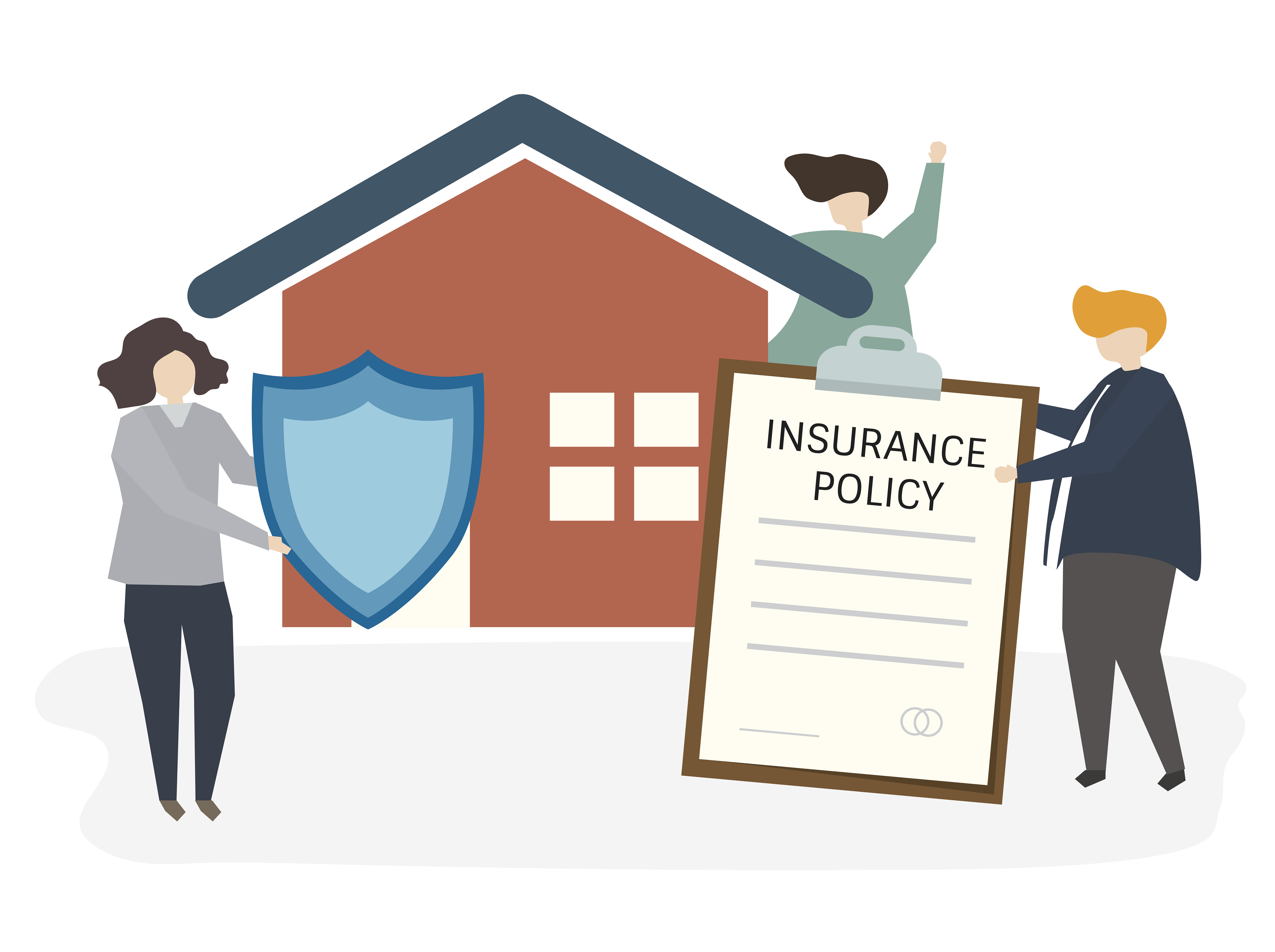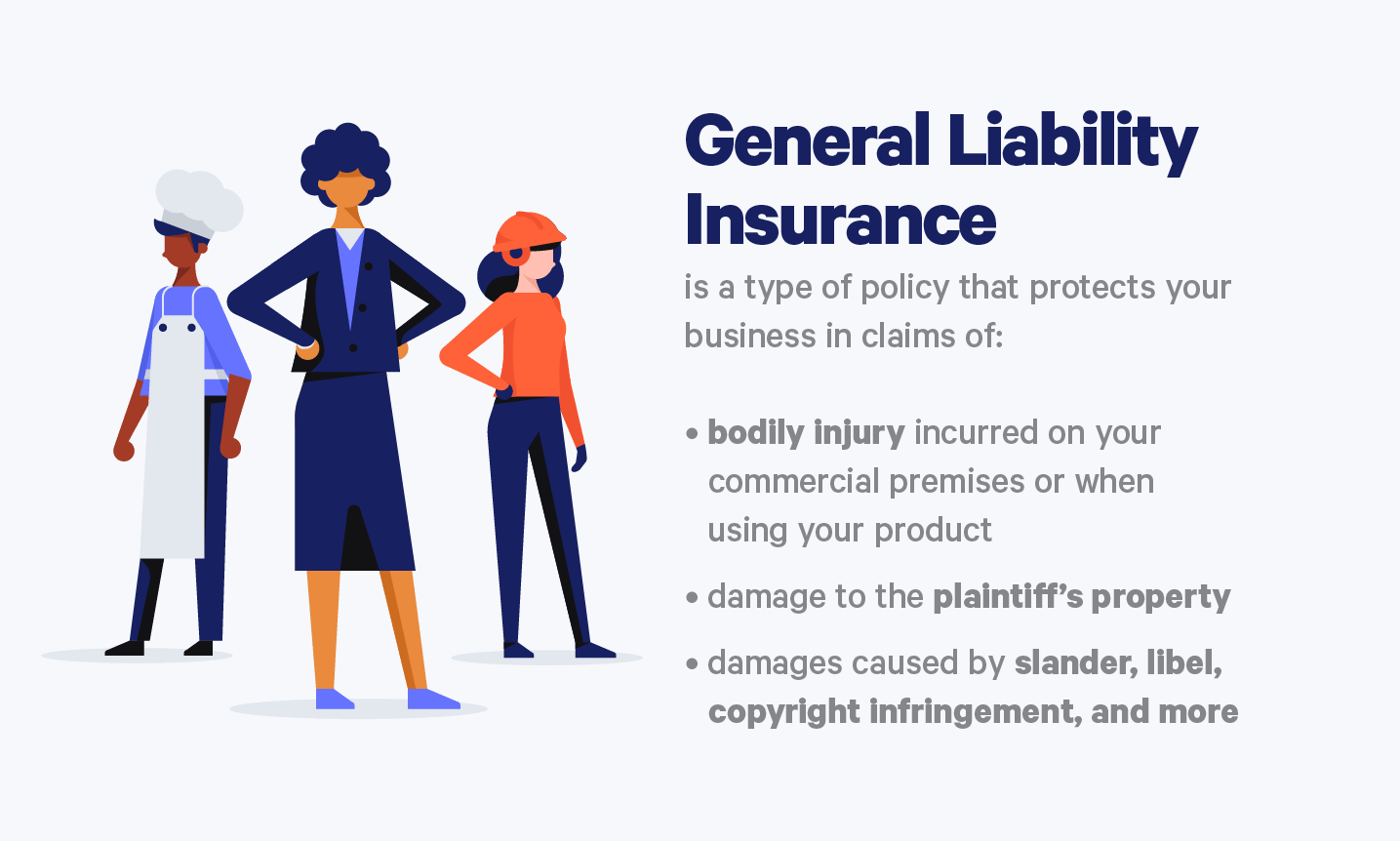Top Tips for Optimizing Your Website on Homeowners Insurance Policy Topics
A homeowners insurance policy offers protection against damages to your home, belongings, and liability for accidents occurring on your property. Coverage includes repairs, replacements, and legal expenses for lawsuits.

When it comes to homeowners insurance, having a well-optimized website is crucial for attracting and engaging potential clients. Whether you're focusing on Best homeowners insurance companies or Homeowners insurance quotes, effective optimization strategies can significantly boost your site's visibility and relevance. Here are some top tips for optimizing your website on homeowners insurance policy topics, tailored for specific needs and targeted locations like Tulsa, Lexington, Akron, Hartford, and Jacksonville.
Understand Your Audience and Their Needs
To effectively optimize your website, it’s essential to understand the needs and concerns of your audience. Different homeowners have varying insurance requirements depending on factors such as location, type of property, and individual circumstances. Consider creating content that addresses these specific needs, such as Homeowners insurance for first-time buyers, Homeowners insurance for seniors, or Homeowners insurance for high-value homes.
Understanding your audience will help you tailor your content and keywords to match their search intent, increasing the likelihood of attracting relevant traffic.
Use Relevant Keywords Strategically
Keywords are the backbone of SEO, and for homeowners insurance topics, it’s vital to use them strategically. Incorporate relevant keywords naturally throughout your website’s content, including in titles, headings, and meta descriptions. Here are some examples:
- Homeowners insurance quotes
- Cheap homeowners insurance
- Home insurance rates
For targeted locations, include phrases like Homeowners insurance in Tulsa or Affordable home insurance in Jacksonville to attract local traffic. This not only improves your SEO but also ensures your content is relevant to users in those specific areas.
Create Comprehensive and Informative Content
Providing detailed and informative content is key to ranking well in search engines and establishing your authority in the homeowners insurance industry. Create in-depth articles, guides, and resources on various topics related to homeowners insurance. Some ideas include:
- Homeowners insurance coverage: Explain the different types of coverage available and what they mean for homeowners.
- Homeowners insurance deductible: Offer insights on choosing the right deductible based on individual needs and budget.
- Homeowners insurance for flood-prone areas: Discuss specific coverage options for properties in flood-prone regions.
Including location-specific details, such as Homeowners insurance for hurricane-prone areas in Jacksonville, can also help attract local visitors who are searching for relevant information.
Optimize for Local Search
Local SEO is crucial for attracting clients in specific areas. Optimize your website for local search by:
- Creating Location-Specific Content: Write articles and blog posts that cater to homeowners in targeted cities. For example, “Top Homeowners Insurance Companies in Akron” or “Affordable Home Insurance Rates in Hartford.”
- Including Local Keywords: Integrate location-based keywords into your content, titles, and meta descriptions.
- Setting Up Google My Business: Create and optimize a Google My Business profile to improve local search visibility and attract clients in your target cities.
Highlight Homeowners Insurance Discounts and Benefits
Many homeowners are interested in finding ways to save on their insurance premiums. Create content that highlights various Homeowners insurance discounts and benefits, such as:
- Discounts for bundling policies
- Savings for installing security systems
- Lower premiums for newer homes
Additionally, offer comparisons between different types of coverage, such as Homeowners insurance for mobile homes versus Homeowners insurance for luxury homes, to help visitors make informed decisions.
Address Common Homeowners Insurance Questions
Addressing common questions and concerns can help drive traffic to your site and improve engagement. Create a comprehensive FAQ section or blog posts that answer frequently asked questions about homeowners insurance, including:
- Homeowners insurance claims: Provide a step-by-step guide on how to file a claim.
- Homeowners insurance requirements: Outline what is typically required for homeowners insurance in different states or situations.
- Homeowners insurance for home-based businesses: Explain how homeowners insurance can cover home-based businesses and the importance of having adequate coverage.
Utilize User Reviews and Testimonials
Incorporate Homeowners insurance reviews and testimonials into your website to build credibility and trust with your audience. Positive reviews from past clients can enhance your reputation and encourage potential customers to choose your services. Feature these reviews prominently on your site and consider including case studies that highlight successful outcomes.
Optimize for Mobile and User Experience
With a significant amount of web traffic coming from mobile devices, optimizing your site for mobile is essential. Ensure that your website is:
- Responsive: Adapts seamlessly to different screen sizes and devices.
- Fast-Loading: Minimizes load times to enhance user experience and reduce bounce rates.
- Easy to Navigate: Features a user-friendly design with clear calls-to-action and easy access to important information.
A well-optimized mobile experience can improve your site’s ranking and keep visitors engaged.
Implement On-Page and Technical SEO
Effective on-page and technical SEO practices can improve your website’s search engine ranking. Focus on:
- Title Tags and Meta Descriptions: Use compelling and keyword-rich title tags and meta descriptions to attract clicks from search results.
- Header Tags: Organize your content with header tags (H1, H2, H3) to improve readability and SEO.
- Internal Linking: Link to relevant pages within your site to enhance user navigation and distribute page authority.
Additionally, ensure your site’s technical aspects are optimized, such as having an XML sitemap, using structured data, and ensuring secure HTTPS connections.
Monitor and Analyze Performance
Regularly monitor and analyze your website’s performance using tools like Google Analytics and Search Console. Track key metrics such as:
- Organic Traffic: Measure the amount of traffic coming from search engines.
- Bounce Rate: Analyze how quickly visitors leave your site.
- Conversion Rate: Assess how effectively your site converts visitors into leads or customers.
Optimizing your website on homeowners insurance policy topics involves a multifaceted approach, including strategic keyword use, creating valuable content, and focusing on local SEO. By addressing the specific needs of your audience and providing comprehensive information, you can improve your site’s visibility and attract relevant traffic. Whether you’re targeting potential clients in Tulsa, Lexington, Akron, Hartford, or Jacksonville, these tips will help you create a well-optimized website that stands out in the competitive homeowners insurance market.
Effective Strategies for Targeting Homeowners Insurance Policy Keywords
Homeowners insurance is a crucial aspect of protecting one's property and assets. For insurance providers and content creators, targeting the right keywords is essential to reaching potential customers effectively. This article will explore effective strategies for targeting homeowners insurance policy keywords, focusing on optimizing content to attract and engage users searching for various aspects of homeowners insurance. Our approach will target specific USA cities, including Tulsa, Lexington, Akron, Hartford, and Jacksonville.
Understanding Homeowners Insurance Keywords
To effectively target homeowners insurance policy keywords, it's important to understand the different aspects of homeowners insurance that people search for. Keywords can be broadly categorized into:
- General Information: Terms like homeowners insurance quotes and home insurance rates provide general information about insurance options.
- Cost and Discounts: Keywords such as cheap homeowners insurance, homeowners insurance cost, and homeowners insurance discounts focus on affordability and savings.
- Coverage and Claims: Phrases like homeowners insurance coverage, homeowners insurance claims, and homeowners insurance deductible address the specifics of what insurance covers and the process of filing claims.
- Specialized Needs: Keywords such as homeowners insurance for high-value homes, homeowners insurance for flood-prone areas, and homeowners insurance for rental properties cater to specific needs and scenarios.
Crafting Content for Targeted Keywords
-
Identify and Prioritize Keywords
Start by conducting thorough keyword research to identify high-performing and relevant keywords. Use tools such as Google Keyword Planner, SEMrush, or Ahrefs to find search volumes and competition levels for terms like best homeowners insurance companies and homeowners insurance reviews. Prioritize keywords based on their relevance to your target audience and their search intent.
-
Create Comprehensive Content
Develop in-depth content that addresses the needs and questions of your target audience. For instance, if targeting homeowners insurance for first-time buyers, create a detailed guide explaining what new homeowners should look for in a policy, how to compare homeowners insurance quotes, and what discounts might be available.
-
Use Localized Keywords
Tailor your content to specific locations by incorporating localized keywords. For example, if your target audience includes homeowners in Jacksonville, include phrases like “homeowners insurance in Jacksonville” or “Jacksonville home insurance rates.” This helps in attracting local traffic and engaging users who are searching for insurance options in their specific area.
-
Highlight Unique Selling Points
Emphasize unique aspects of your offerings that align with specific keyword searches. For example, if you offer specialized coverage, such as homeowners insurance for mobile homes or homeowners insurance for vacation homes, create content that highlights these features and explains their benefits in detail.
-
Optimize On-Page Elements
Ensure that your content is optimized for search engines. Include your target keywords in key on-page elements, such as:
- Title Tags: Craft compelling title tags incorporating primary keywords like homeowners insurance for luxury homes.
- Meta Descriptions: Write informative meta descriptions that encourage clicks and include secondary keywords.
- Headings and Subheadings: Use headings and subheadings to structure your content and include relevant keywords, such as homeowners insurance for pool owners or homeowners insurance for earthquake-prone areas.
-
Leverage Content Types
Different content formats can appeal to various segments of your audience. Consider creating:
- Blog Posts: Write detailed articles covering topics such as homeowners insurance comparison and homeowners insurance requirements.
- FAQs: Address common questions and concerns related to homeowners insurance deductible or homeowners insurance coverage.
- Guides and Checklists: Provide comprehensive guides on how to obtain homeowners insurance quotes and evaluate home insurance rates.
-
Utilize Internal and External Links
Enhance the credibility and usefulness of your content by linking to relevant internal and external sources. For example, link to related articles on your site about homeowners insurance for condos or homeowners insurance for home-based businesses, and reference authoritative sources for additional information on specialized coverage.
-
Incorporate User-Generated Content
Encourage users to share their experiences and reviews. User-generated content can enhance your site’s authority and provide real-world insights into topics like homeowners insurance for dog owners or homeowners insurance for home renovations.
-
Monitor and Adjust
Continuously monitor the performance of your keywords using analytics tools. Track metrics such as traffic, engagement, and conversion rates to assess the effectiveness of your strategies. Adjust your approach based on performance data and emerging trends in the homeowners insurance industry.
-
Engage with Local Communities
Building relationships with local communities can enhance your visibility. Participate in local events, sponsor community activities, or collaborate with local influencers to promote your content and services related to homeowners insurance in targeted cities like Tulsa and Akron.
Effective targeting of homeowners insurance policy keywords involves a strategic approach to content creation and optimization. By understanding the various aspects of homeowners insurance, prioritizing relevant keywords, and creating comprehensive and localized content, you can attract and engage potential customers. Whether you're focusing on cheap homeowners insurance, homeowners insurance for high-value homes, or homeowners insurance for flood-prone areas, these strategies will help you enhance your online presence and reach your target audience effectively in cities like Lexington, Hartford, and Jacksonville.
What's Your Reaction?
















